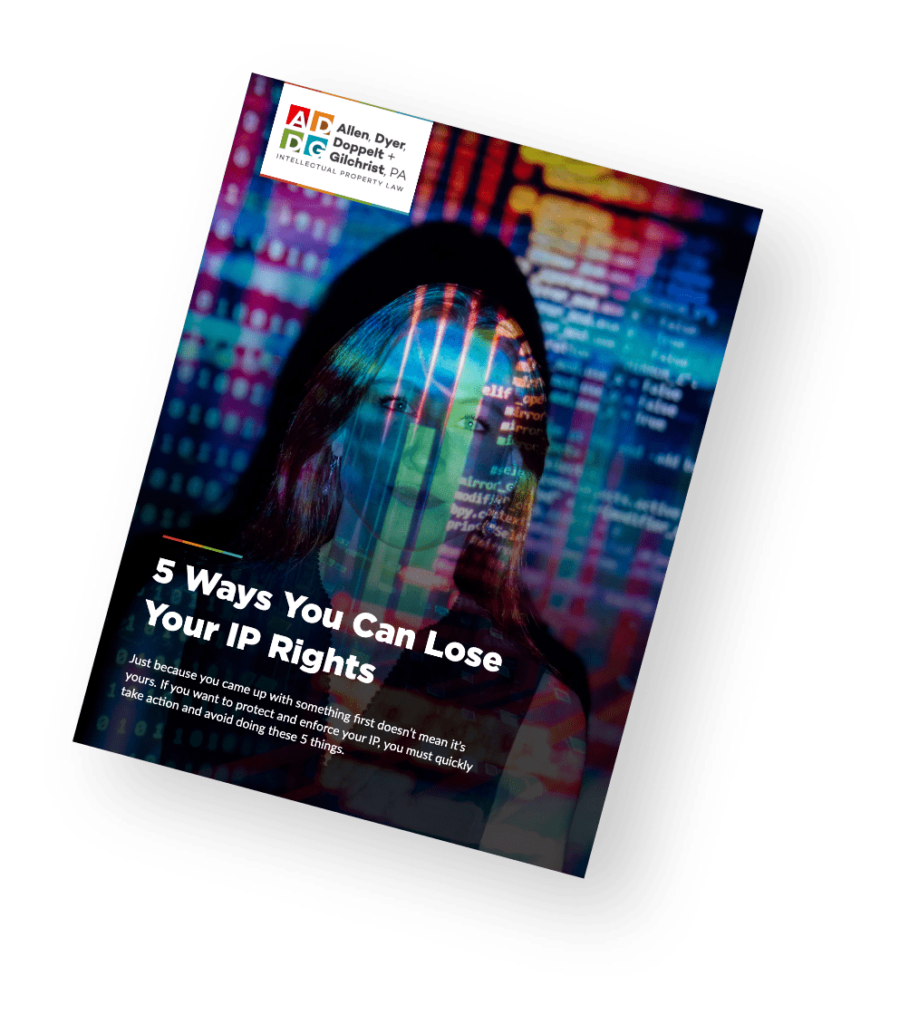Robert Thornburg, April 1, 2016
The Sexual Cyberharassment Act (“Act”), enacted on October 1, 2015 as Florida Statute § 784.049 et seq., makes it a first-degree misdemeanor for a person to willfully and maliciously sexually cyberharass another person. In May 2015, Florida became one of the twenty-six states to criminalize the highly publicized issue known as “revenge porn” due to the increasing common practice of individuals publishing sexually explicit images of another individual (typically an ex-girlfriend, being that ninety percent of revenge porn victims are women, or in some occasions an ex-boyfriend) over the Internet without the depicted person’s consent. See http://www.endrevengeporn.org/revenge-porn-laws/ (last visited Oct. 13, 2015). A Cyber Civil Rights Initiative (“CCRI”) report stated “one in ten ex-partners have threatened that they would expose risqué photos of their ex online,” of which sixty percent of those threats followed through. https://www.cybercivilrights.org/revenge-porn-infographic/ (last visited Oct. 13, 2015). Unlike the name suggests, perpetrators of revenge porn are not usually motivated by revenge or by any personal feelings toward the victim. More accurately defined, revenge porn is the distribution of sexually graphic images of individuals without their consent. http://www.endrevengeporn.org/faqs/ (last visited Oct. 13, 2015). This includes both images originally obtained without consent (by use of hidden cameras or hacking phones) as well as images consensually obtained during the term of a relationship. Id. In comparison, New Jersey’s invasion of privacy law prohibits selling, providing, publishing, distributing, or otherwise disseminating nude or sexual photos of another person without that person’s permission. In similar fashion, California lawmakers amended the state’s disorderly conduct law making it a “crime to photograph or otherwise take private, nude photos of another person and distribute the photos in a way that is intended to and does cause emotional distress.” See http://www.criminaldefenselawyer.com/resources/revenge-porn-laws-penalties.htm (last visited Oct. 13, 2015).
Florida’s Sexual Cyberharassment Act has been criticized by many of its early supporters because of the limited wording of the statute, which, unlike California and New Jersey, fails to afford protections against the electronic distribution of non-consented to sexual images through texts or emails. More specifically, Florida Statute § 784.049(2)(c) defines “sexually cyberharass” as “to publish a sexually explicit image of a person that contains or conveys the personal identification information of the depicted person to an Internet website without the depicted person’s consent with the intent of causing substantial emotional distress to the depicted person.” As shown, the issue with this language stems from the limitation of an “Internet website” as it may not necessarily reach unauthorized transmissions of sexually graphic images outside of specific websites. Put another way, the language as drafted and approved by the Florida legislature fails to address sexually explicit images and videos sent via text messages, social media apps, email and peer-to-peer networks, which arguably are the largest platforms in which these images are posted.
Another issue with the Act’s definitions is that it limits the protection to images containing personal identification information. Although “personal identification information” is broadly defined in the Act, it still neglects a vast amount of sexually explicit images that are posted without the inclusion of personal identification information. The Act further limits its protection by requiring the perpetrator to intend to cause substantial emotional distress to the depicted person. This raises a potentially troublesome defense because it leaves room for subjective interpretation, focusing more on the perpetrators intent instead of the victim’s protection of their reasonable expectation of privacy.
A positive aspect of the Act is that it makes the first offense of the nonconsensual posting of sexually explicit images a first-degree misdemeanor punishable up to one year in jail and a $1,000 fine. It follows to make any subsequent offense a third-degree felony, punishable by up to five years in prison and a $5,000 fine. See http://www.reuters.com/article/2015/05/14/us-usa-florida-revengeporn-idUSKBN0NZ2IZ20150514 (last visited Oct. 13, 2015). It is also important to note that the Act provides standing to any aggrieved person to sue a person in violation of this section for monetary damages in the amount of $5,000 or actual damages if that amount is greater, injunctive relief to prevent future violations of this section, and reasonable attorney fees and cost of the prevailing party. By affording the prevailing fees and costs, the Act is meant to encourage attorneys to offer representation to victims in hopes of spreading awareness and support in this fight against “revenge porn.”
As a whole, the Act represents a string of legislative efforts in Tallahassee gauged at protecting Floridians from unwanted violations of their privacy. Previously, the only statutory protections in Florida that addressed the privacy of individuals with respect to their image or likeness were articulated in Florida Statute § 540.08. However, the statute only provides a private cause of action for commercial or advertising uses of an individuals’ name, portrait, photograph or other likeness. Thus, a non-commercial use left individuals without redress.
The “End Revenge Porn” campaign, which is credited to have started the awareness of nonconsensual posting of sexually explicit images, has even collaborated with major companies such as Google. Google announced a drastic change to its search policy: honoring requests to remove sexually explicit images that were published without consent. See http://www.endrevengeporn.org/erp-blog/ (last visited Oct. 13, 2015). Senior Vice President of Google commented, “revenge porn images are intensely personal and emotionally damaging, and serve only to degrade the victims – predominately women.” Id. Case-in-point: of the women who fell victim to revenge porn, ninety-three percent of them said they have suffered significant emotional distress due to being a victim. http://www.cybercivilrights.org/end_revenge_porn_infographic (last visited Oct. 13, 2015).
If you believe sexual explicit images are being exploited across the Internet without your consent, please contact the firm to discuss your legal rights.
Share This



